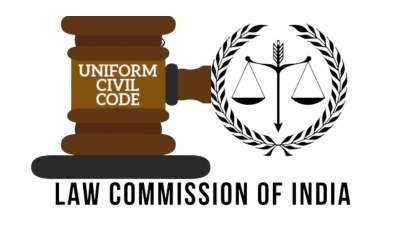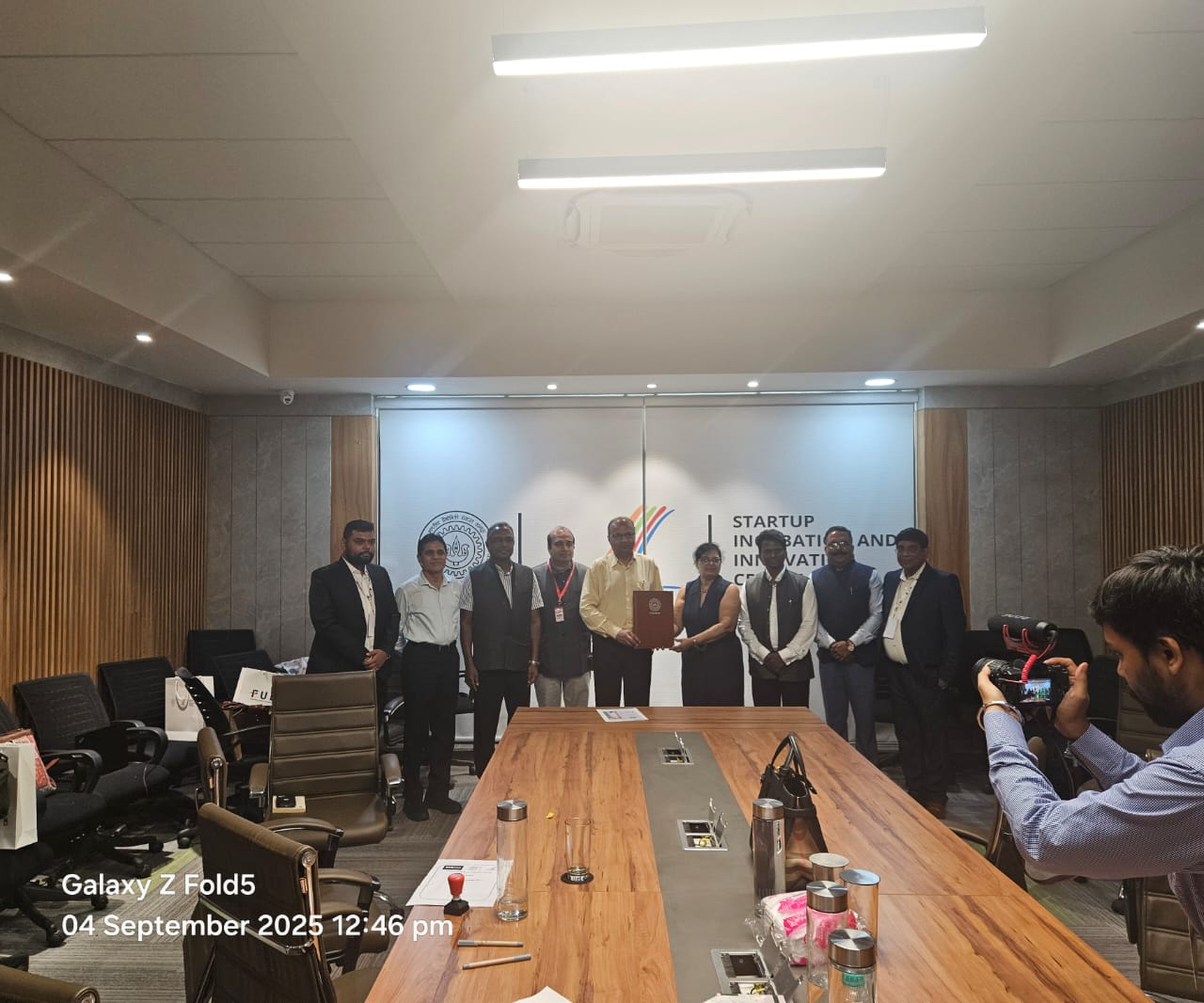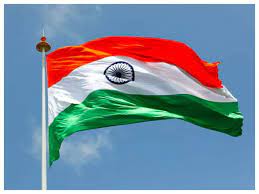If the government obtained parliamentary nod for the UCC, it is likely to position it as a central issue in the upcoming state elections, with the hope of capitalizing on it in the next year’s Lok Sabha polls, writes Navin Upadhyay
The ongoing debate surrounding the Uniform Civil Code (UCC) has gained momentum with the Modi government's vigorous push for its implementation. The timing of this push, ahead of the Lok Sabha elections, is seen as a strategic move to consolidate support among the Hindu electorate. With the impending inauguration of the Ram temple in Ayodhya and the previous abrogation of Article 370 in Jammu and Kashmir, Prime Minister Narendra Modi has a strong narrative to reinforce its commitment to fulfilling its promises to the nation.
The government's expectation is that opposition parties will reject the UCC, both within and outside the parliament, thereby potentially consolidating Hindu votes in favor of the BJP. Notably, most major opposition parties in India are against the implementation of a Uniform Civil Code. They argue that such a code would infringe upon the freedom of religion for minority communities and contend that the existing system of personal laws is effective in addressing matters of personal and family affairs.
The opposition's concern is rooted in the fear that the UCC might be used as a tool by the ruling party to promote Hindu majoritarianism, which goes against the principles of secularism enshrined in the Indian Constitution. Parties such as the Congress, Trinamool Congress, JD(U), RJD, SP, CPI(M), and CPI have accused the Modi government of exploiting the UCC as a political ploy to appeal to the majority Hindu population ahead of the upcoming elections. On the other hand, the Aam Aadmi Party (AAP) has expressed conditional support for the UCC, emphasizing the importance of building a broad consensus through consultation with all stakeholders.
The concerns raised by the Akali Dal, a former ally of the BJP, are particularly significant. The Sikh community, known for its strong religious identity, is wary of any attempts to impose laws that could potentially infringe upon their religious practices. Akali Dal spokesperson Daljit Singh Cheema has argued that civil laws, influenced by faith, belief, caste, and customs, should be retained to protect the social fabric and uphold the principle of unity in diversity.
Even the Uddhav Thackeray-led Shiv Sena, a pro-Hindutva party, has refrained from openly endorsing the UCC. In an editorial published in its mouthpiece 'Saamna', the Shiv Sena emphasized that the basis for the Uniform Civil Code should not be solely opposition to Muslim Sharia law. They stressed the need for equality in law and justice as the fundamental principles underlying the UCC, transcending religious affiliations.
The Uniform UCC has been a subject of contentious debate in India for several decades. It pertains to the idea of formulating a common set of personal laws that would apply to all citizens, regardless of their religious affiliation. The UCC aims to promote gender equality, secularism, and social harmony by replacing the existing separate personal laws for different religious communities. However, the implementation of a uniform civil code has faced significant opposition and continues to be a topic of intense discussion within the country.
India, with its diverse religious and cultural mosaic, inherited a system of personal laws from its colonial past. These personal laws govern various aspects of citizens' lives, such as marriage, divorce, inheritance, and adoption. The country currently has separate sets of personal laws for different religious communities, including Hindus, Muslims, Christians, and others. The idea of a uniform civil code was enshrined in Article 44 of the Indian Constitution, which called for its eventual implementation.
The debate surrounding the implementation of a uniform civil code can be traced back to the colonial era when the British introduced separate personal laws for different religious communities. These laws were aimed at maintaining religious and cultural identities but also created disparities in terms of gender rights and social practices.
Proponents of the UCC argue that a common set of laws would promote equality and justice for all citizens. They contend that the existing personal laws, which often differ significantly across religious communities, can perpetuate gender discrimination. For instance, some argue that certain provisions in Muslim personal law, such as those related to divorce and inheritance, are biased against women. Implementing a uniform civil code is seen as a step towards ensuring gender equality and eliminating discrimination.
Supporters of the UCC argue that it would reinforce the principles of a secular state. By having different personal laws based on religious affiliations, critics argue that the state is inadvertently interfering in religious matters. Implementing a uniform civil code would align the legal framework with the principles of secularism, treating all citizens equally, irrespective of their religious background, they argue.
Advocates for the UCC also emphasize that it would foster a sense of national unity and social cohesion. They argue that a uniform civil code would transcend religious boundaries and create a common platform for all citizens, strengthening the bonds of a diverse society. It would promote a shared understanding of rights and responsibilities, thereby contributing to a more harmonious and inclusive nation.
However, opponents of the UCC express concerns about potential infringement upon religious freedoms and cultural diversity. They argue that personal laws are deeply rooted in religious beliefs and practices, and any attempt to impose a uniform code would undermine the autonomy of religious communities. Critics contend that personal laws provide a sense of identity, community, and continuity for religious minorities, and any attempt to change them would be seen as an encroachment on their religious rights.
One of the primary concerns raised by opponents of the UCC is that it may dilute the cultural diversity of India. The country prides itself on its rich heritage and the coexistence of multiple religious and cultural traditions. The proponents of diversity argue that personal laws reflect the distinct identities and practices of different communities, and any move towards uniformity would erode the uniqueness and plurality of Indian society.
Another significant concern is that the implementation of a uniform civil code may disrupt the delicate balance between religious communities in a pluralistic society like India. The country's secular fabric relies on the principle of respecting and accommodating religious differences. Critics argue that enforcing a uniform code may lead to communal tensions and hinder social cohesion. They contend that personal laws have evolved over centuries, shaped by the customs, traditions, and religious scriptures of each community, and any attempt to replace them with a uniform code would disregard these deeply ingrained practices.
Opponents also argue that personal laws provide certain protections and safeguards for marginalized sections of society within specific religious communities. They fear that a uniform civil code may overlook these protective provisions and leave vulnerable groups without adequate legal recourse. For example, Muslim personal law contains provisions for the maintenance and the welfare of divorced women, which may not be adequately addressed under a uniform civil code.
The potential implementation of the Uniform Civil Code by the government holds significant implications for the upcoming elections in Madhya Pradesh, Rajasthan, Telangana, and Chhattisgarh. If the government obtained a parliamentary nod for the UCC, it is likely to position it as a central issue in these state elections, with the hope of capitalizing on it in the subsequent Lok Sabha polls.
On the other hand, the opposition parties face a delicate balancing act. This is especially crucial as the UCC is being portrayed in media and political debates as something that would primarily affect Muslims. To avoid alienating Hindu voters, the opposition parties will have to articulate their concerns about the UCC without being perceived as practicing the policy of “appeasement”.
The Goa Uniform Civil Code
The Uniform Civil Code (UCC) has been a subject of debate in India for many years. However, in the small state of Goa, a unique and progressive Uniform Civil Code has been in place for decades. The Goa Civil Code, also known as the Goa Family Law, applies to all residents of Goa, irrespective of their religious affiliation. It is often regarded as a model for a pluralistic society, providing a framework that promotes gender equality and safeguards individual rights while respecting the diversity of religious customs and traditions.
Goa's legal system underwent significant transformations throughout history. Before its liberation from Portuguese colonial rule in 1961, Goa followed the Portuguese Civil Code, which incorporated elements of both Roman and Canon Law. When Goa became a part of the Indian Union, a decision was made to retain certain aspects of the Portuguese Civil Code while integrating reforms to align with the principles of the Indian Constitution.
Key Features:
Gender Equality: One of the defining features of the Goa Uniform Civil Code is its emphasis on gender equality. It grants women the right to inherit property equally, irrespective of their religious affiliation. This provision challenges the discriminatory practices prevalent in the personal laws of many other communities in India. The Goa Civil Code also ensures equal rights in matters of divorce, alimony, and child custody, striving to create a more equitable legal framework for women.
Customary Practices and Religious Freedom: The Goa Uniform Civil Code recognizes the significance of customary practices and religious freedom. It allows individuals to follow their respective religious rituals and traditions in matters of marriage, divorce, and inheritance, as long as they do not violate the principles of gender equality and fundamental rights. This approach strikes a balance between preserving religious diversity and upholding constitutional values.
Codification and Simplification: The Goa Civil Code also stands out for its codification and simplification of laws. It consolidates various legal provisions into a comprehensive and accessible code, making it easier for individuals to understand and navigate the legal system. This simplification has contributed to greater legal awareness and empowerment among the residents of Goa.
Others question the feasibility of implementing a similar code at the national level. The diversity of India, both in terms of religion and culture, poses challenges in creating a uniform code that accommodates the complexities and sensitivities of each community.
(By Navin Updadhyay: The writer is the Executive Editor of The Pioneer)








 OpinionExpress.In
OpinionExpress.In















Comments (0)